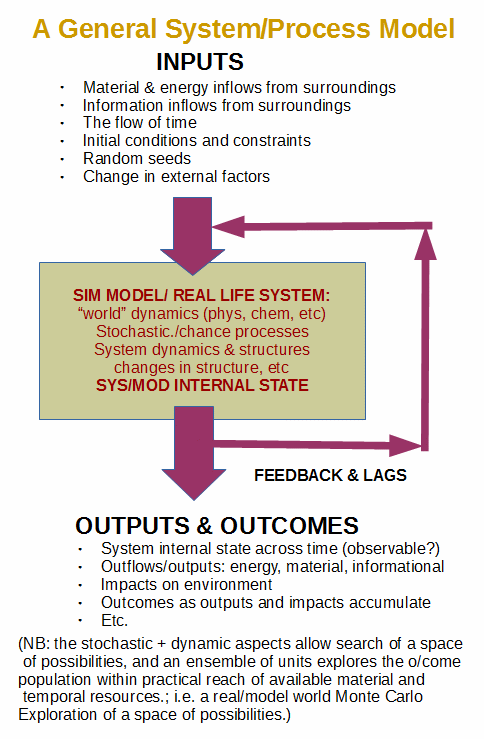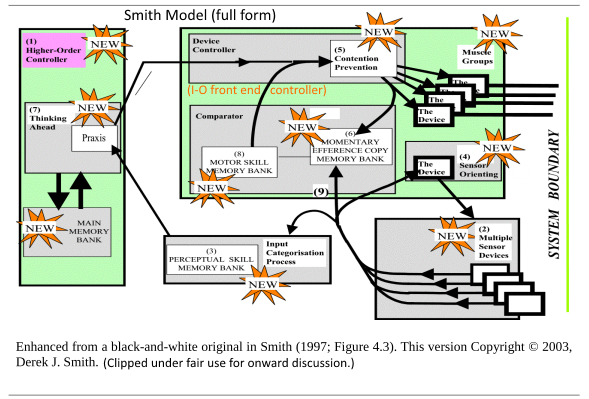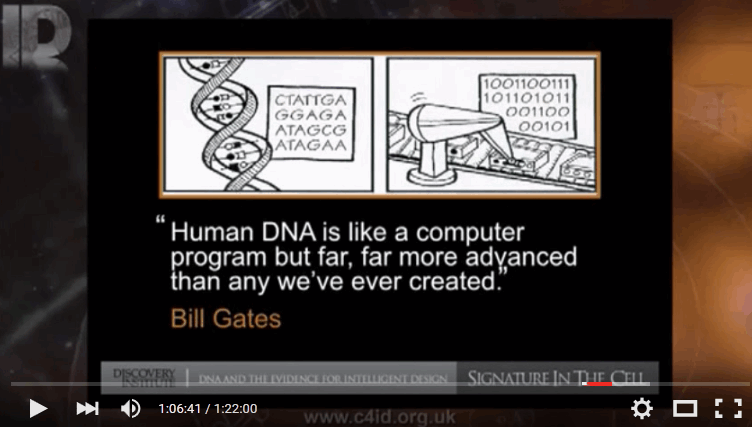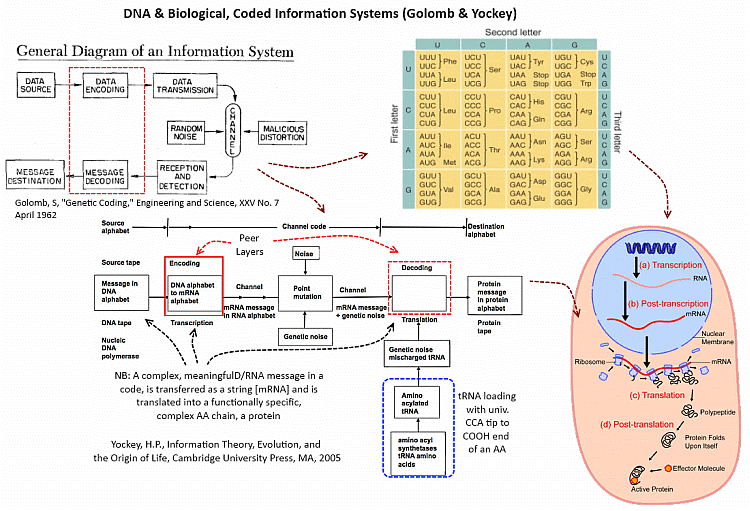Why is this topic important? (Why a series, now on no 3 (see 1 and 2)?)
Here at UD, the phrase “first principles of right reason” and similar ones (e.g. “reason’s rules”) have often come up. Others talk about “the laws of thought,” which in a post-Kant world hints of “the ugly gulch” between the inner world of mental, conscious phenomena and the outer world of things in themselves. In that context, we have often highlighted that evolutionary materialistic scientism is irretrievably self-referentially incoherent and have pointed out how this means it is necessarily false. We have also pointed to “self-evident” first truths and principles, including the principle of distinct identity and its immediate corollaries, non-contradiction and the excluded middle. There has even been a cross-connection to numbers and the core of Mathematics, understood as the [study of the] logic of structure and quantity.
All of this points to how central issues of [a] rational, responsible thought and [b] how this credibly accesses and gives us significantly true and well-founded knowledge about reality are. Yes, to the vexed, ongoing debates over ID. Yes, too, to the wider issue of defending rationality and responsibility (note, not rational-ISM) in our civilisation.
For, believe it or not, responsible rational freedom and our ability to credibly warrant knowledge about reality are under serious attack in our civilisation.
Exhibit A, let’s highlight and mark up Alex Rosenberg as he begins Ch 9 of his The Atheist’s Guide to Reality:
FOR SOLID EVOLUTIONARY REASONS, WE’VE BEEN tricked into looking at life from the inside. Without scientism, we look at life from the inside, from the first-person POV (OMG, you don’t know what a POV is?—a “point of view”). The first person is the subject, the audience, the viewer of subjective experience, the self in the mind.
Scientism shows that the first-person POV is an illusion. [–> grand delusion is let loose in utter self referential incoherence] Even after scientism convinces us, we’ll continue to stick with the first person. But at least we’ll know that it’s another illusion of introspection and we’ll stop taking it seriously. We’ll give up all the answers to the persistent questions about free will, the self, the soul, and the meaning of life that the illusion generates [–> bye bye to responsible, rational freedom on these presuppositions].
The physical facts fix all the facts. [–> asserts materialism, leading to . . . ] The mind is the brain. It has to be physical and it can’t be anything else, since thinking, feeling, and perceiving are physical process—in particular, input/output processes—going on in the brain. We [–> at this point, what “we,” apart from “we delusions”?] can be sure of a great deal about how the brain works because the physical facts fix all the facts about the brain. The fact that the mind is the brain guarantees that there is no free will. It rules out any purposes or designs organizing our actions or our lives [–> thus rational thought and responsible freedom]. It excludes the very possibility of enduring persons, selves, or souls that exist after death or for that matter while we live.
Exhibit B, Sir Francis Crick — yes, that Crick — in his 1994 The Astonishing Hypothesis:
. . . that “You”, your joys and your sorrows, your memories and your ambitions, your sense of personal identity and free will, are in fact no more than the behaviour of a vast assembly of nerve cells and their associated molecules. As Lewis Carroll’s Alice might have phrased: “You’re nothing but a pack of neurons.” This hypothesis is so alien to the ideas of most people today that it can truly be called astonishing.
Of course, just a year later, Philip Johnson replied that Sir Francis should have therefore been willing to preface his works thusly: “I, Francis Crick, my opinions and my science, and even the thoughts expressed in this book, consist of nothing more than the behavior of a vast assembly of nerve cells and their associated molecules.” Johnson then acidly commented: “[t]he plausibility of materialistic determinism requires that an implicit exception be made for the theorist.” [Reason in the Balance, 1995.]
Exhibit C, J B S Haldane’s longstanding warning from 1932:
“It seems to me immensely unlikely that mind is a mere by-product of matter. For if my mental processes are determined wholly by the motions of atoms in my brain I have no reason to suppose that my beliefs are true. They may be sound chemically, but that does not make them sound logically. And hence I have no reason for supposing my brain to be composed of atoms. In order to escape from this necessity of sawing away the branch on which I am sitting, so to speak, I am compelled to believe that mind is not wholly conditioned by matter.” [“When I am dead,” in Possible Worlds: And Other Essays [1927], Chatto and Windus: London, 1932, reprint, p.209. (NB: DI Fellow, Nancy Pearcey brings this right up to date (HT: ENV) in a current book, Finding Truth.)]
How can we reply effectively?
For one, by documenting the fact as we just saw; this cannot responsibly be denied.
Next, we must point out that a material, GIGO-constrained computational substrate is utterly incapable of responsible, rational freedom. For, such a substrate only acts on mechanical necessity multiplied by equally blind chance, forming a dynamic-stochastic entity illustrated by:
That is, it is indeed incapable of the morally governed freedom to reason, infer and conclude beyond whatever bugs lie in its programs and architecture, driven by underlying mechanical necessity and/or chance. Yes, garbage in does not credibly lead to gospel out. Self-referential incoherence and delusion follow.
(But then, if one is wedded to Rosenbergian materialistic irrationality one will not take such seriously. A warning sign. And, if you disagree but are at least a fellow traveller on the evo mat scientism train, you owe us a substantial explanation as to why Crick-Haldane-Rosenberg collapse does not follow: _______ [And yes, that’s another pesky UD fill-in-the-blank please challenge.])
To save a long preliminary side-bar, let’s put up an alternative that gives us room to form a different concept, the Derek Smith Model for two-tier controller cybernetic loop entities, observing how there is a higher order supervisory controller that influences the lower and shares processing and memory resources:
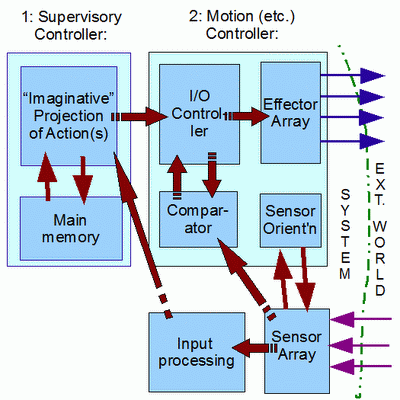
In more detail, from Smith himself:
Let’s just suggest that at quantum level, plausibly influences may affect actualised outcomes. Perhaps, roughly analogous to how observer action is known to affect outcomes (and without inviting yet another side-debate. Let me just quote Scot Calef:
Keith Campbell writes, “The indeterminacy of quantum laws means that any one of a range of outcomes of atomic events in the brain is equally compatible with known physical laws. And differences on the quantum scale can accumulate into very great differences in overall brain condition. So there is some room for spiritual activity even within the limits set by physical law. There could be, without violation of physical law, a general spiritual constraint upon what occurs inside the head.” (p.54). Mind could act upon physical processes by “affecting their course but not breaking in upon them.” (p.54). If this is true, the dualist could maintain the conservation principle but deny a fluctuation in energy because the mind serves to “guide” or control neural events by choosing one set of quantum outcomes rather than another. Further, it should be remembered that the conservation of energy is designed around material interaction; it is mute on how mind might interact with matter. After all, a Cartesian rationalist might insist, if God exists we surely wouldn’t say that He couldn’t do miracles just because that would violate the first law of thermodynamics, would we? [Article, “Dualism and Mind,” Internet Encyclopedia of Philosophy.]
And, let us note from SEP on Consciousness, discussing Hameroff and Penrose:
It is argued that elementary acts of consciousness are non-algorithmic, i.e., non-computable, and they are neurophysiologically realized as gravitation-induced reductions of coherent superposition states in microtubuli . . . . Penrose’s rationale for invoking state reduction is not that the corresponding randomness offers room for mental causation to become efficacious (although this is not excluded). His conceptual starting point, at length developed in two books (Penrose 1989, 1994), is that elementary conscious acts must be non-algorithmic. Phrased differently, the emergence of a conscious act is a process which cannot be described algorithmically, hence cannot be computed. His background in this respect has a lot to do with the nature of creativity, mathematical insight, Gödel’s incompleteness theorem, and the idea of a Platonic reality beyond mind and matter . . . . With his background as an anaesthesiologist, Hameroff suggested to consider microtubules as an option for where reductions of quantum states can take place in an effective way, see e.g., Hameroff and Penrose (1996). The respective quantum states are assumed to be coherent superpositions of tubulin states, ultimately extending over many neurons. Their simultaneous gravitation-induced collapse is interpreted as an individual elementary act of consciousness. The proposed mechanism by which such superpositions are established includes a number of involved details that remain to be confirmed or disproven.
All of this is to allow us to take our responsibly and rationally free, self-aware, self-moved conscious inner life sufficiently seriously to engage the questions of logic that are our primary focus. That is how far gone our civilisation is.
We also need to take the Kantian ugly gulch off the table, by way of yet another pointing out of self-referential incoherence. F H Bradley, in Appearance and Reality:
We may agree, perhaps, to understand by metaphysics an attempt to know reality as against mere appearance, or the study of first principles or ultimate truths, or again the effort to comprehend the universe, not simply piecemeal or by fragments, but somehow as a whole [–> i.e. the focus of Metaphysics is critical studies of worldviews] . . . .
The man who is ready to prove that metaphysical knowledge is wholly impossible . . . himself has, perhaps unknowingly, entered the arena . . . To say the reality is such that our knowledge cannot reach it, is a claim to know reality ; to urge that our knowledge is of a kind which must fail to transcend appearance, itself implies that transcendence. For, if we had no idea of a beyond, we should assuredly not know how to talk about failure or success. And the test, by which we distinguish them, must obviously be some acquaintance with the nature of the goal. Nay, the would-be sceptic, who presses on us the contradictions of our thoughts, himself asserts dogmatically. For these contradictions might be ultimate and absolute truth, if the nature of the reality were not known to be otherwise . . . [such] objections . . . are themselves, however unwillingly, metaphysical views, and . . . a little acquaintance with the subject commonly serves to dispel [them]. [Appearance and Reality, 2nd Edn, 1897 (1916 printing), pp. 1 – 2; INTRODUCTION. At Web Archive.]
So, we are free to look at the key first principles of right reason. A diagram will help:
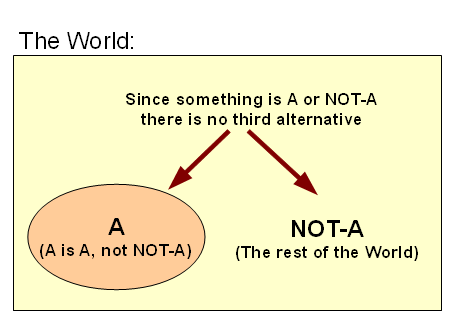
Let’s suggest for concreteness, that A might be a bright red ball on a table:
. . . or hanging in the sky:
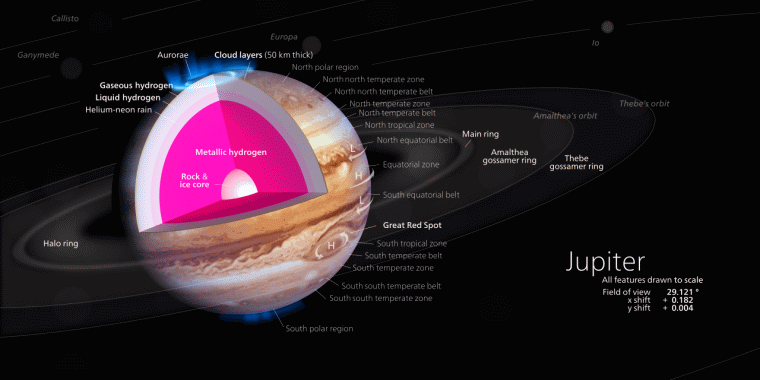
W = {A|~A} . . . Law of [Distinct] Identity, LOI.
Now, ponder some x in W, i/l/o the partition shown by the pipe character:
No x in W can be A AND ~A, Law of Non-Contradiction [LNC].
Any x in W is A X-OR ~A, Law of the Excluded Middle [LEM].
LOI, being fundamental, needs to be expanded:
A is itself i/l/o its core characteristics (that give it distinction from whatever is ~A).
So, too, if two candidate entities x and y have no critical distinguishing characteristics, they are the same entity. The evening and the morning star are the same entity as the planet Venus. Likewise A distinct from ~A shows how two-ness is framework to any possible world, brings with it the system of numbers thus operations on them and so also the core of Mathematics. Mathematics in key part is at the core of reality. An inherently abstract system.
We must use distinct identity just to string symbols together to communicate, to think and to do Mathematics or Science. For example, as the Apostle Paul long since noted in writing to the Corinthians:
1 Cor 14:7 If even inanimate musical instruments, such as the flute or the harp, do not give distinct notes, how will anyone [listening] know or understand what is played? 8 And if the war bugle gives an uncertain (indistinct) call, who will prepare for battle?
9 Just so it is with you; if you in the [unknown] tongue speak words that are not intelligible, how will anyone understand what you are saying? For you will be talking into empty space!
10 There are, I suppose, all these many [to us unknown] tongues in the world [somewhere], and none is destitute of [its own power of] expression and meaning. 11 But if I do not know the force and significance of the speech (language), I shall seem to be a foreigner to the one who speaks [to me], and the speaker who addresses [me] will seem a foreigner to me. [AMP]
Language is key to rational intelligence, and is a key sign of it. Which of course points to the significance of the DNA code:
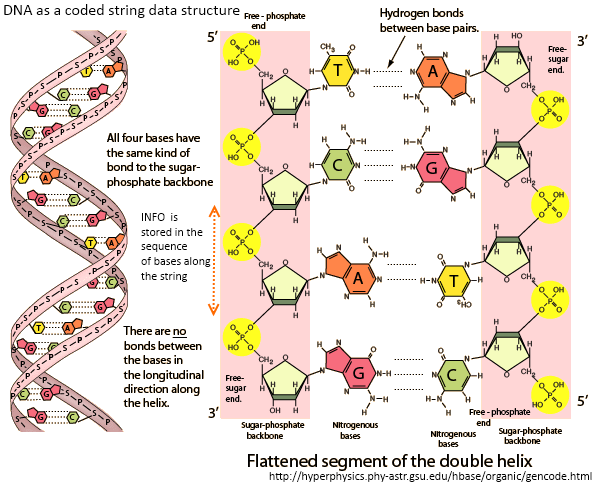
So also, we see how coded algorithms are central to protein synthesis, thus to cell based life:

No wonder, Crick observed in a letter to his son Michael on March 19th 1953 written to explain the discovery of the DNA double-helix:
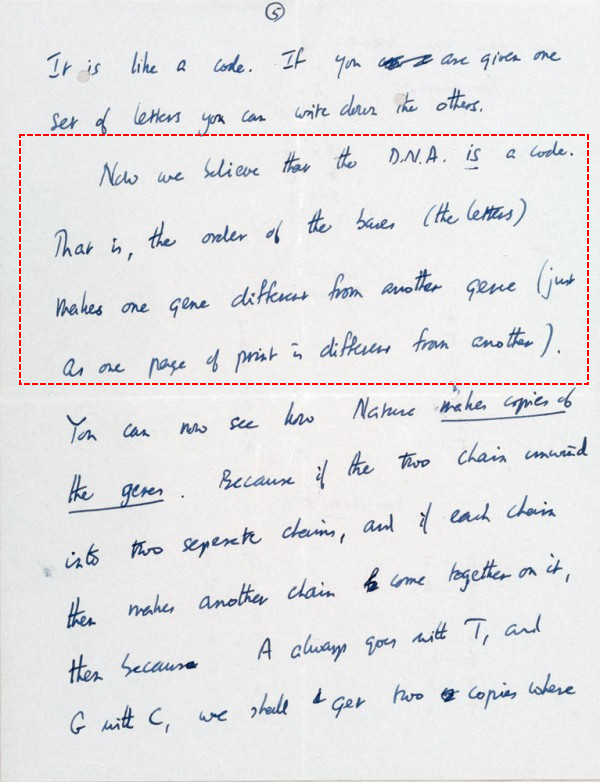
And later, Bill Gates aptly observed:
Hubert Yockey looked at the wider communication system,
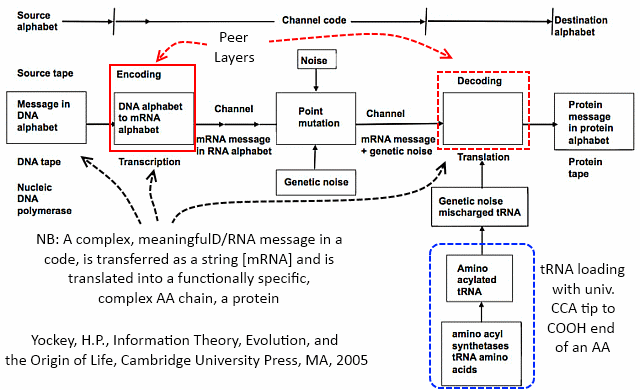
. . . bringing to bear:
In short, we here recognise cases of alphanumeric code, thus language, functioning in a communication system and expressing step by step finite goal-oriented processes, i.e. algorithms. Such characteristics are manifest signs of intelligence at work.
We have of course already brought out how LNC and LEM are immediate corollaries of LOI, but it is worth mentioning such again.
Moreover, as distinct identity is not just a verbal label, it speaks to the logic of being, i.e. we see another bridge to the empirical and abstract worlds, which allows us to see how things may or may not be:
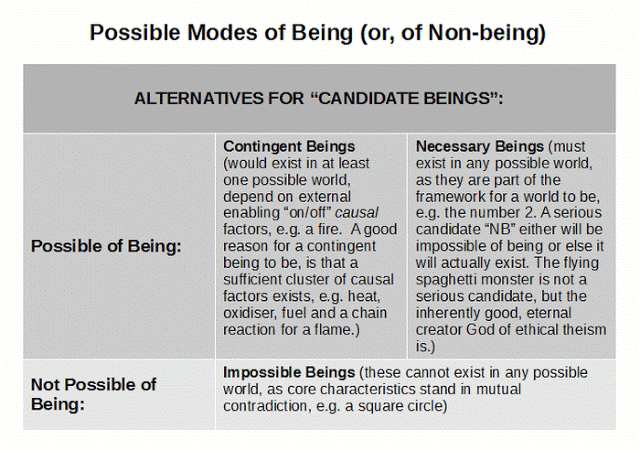 This already shows us how we can at least inquire about anything that is or is not, or may be, or is impossible of being, as to why such is the case. That sets up the weak form principle of sufficient reason and the linked principles of cause and effect. Again, POI pervades the matter.
This already shows us how we can at least inquire about anything that is or is not, or may be, or is impossible of being, as to why such is the case. That sets up the weak form principle of sufficient reason and the linked principles of cause and effect. Again, POI pervades the matter.
Where also, we saw in 1 and 2 how inductive reasoning — argument by support rather than entailment — also pivots on POI.
POI is truly fundamental, logically and ontologically, so also LNC and LEM.
From these, we note how the logic of entailment essentially demonstrates (on whatever reason) why if premises p1, p2, . . . pn obtain, consequences c1, c2 . . . cm must follow by force of logical sufficiency; this is validity. So too, if the premises are true — accurately describing reality — the conclusions will also be true; we have a sound argument.
A consequence is, that p => q can be reversed, ~q => ~p so such arguments pivot on which premises are to be accepted and what consequences and comparative difficulties obtain for q and ~q.
Where, lastly, to assert p AND ~p => [anything], blowing up the system through the principle of explosion. That absurdity leads to the force of the point that to hold a contradiction is to hold a necessary falsity and to the basis of reduction to absurdity as a means of accepting the credibility of truly framework first principles.
In the case where absurdity is instantly evident to the understanding eye, we speak of self-evidence.
So, we see the outlines of logic and its power emerging. END
